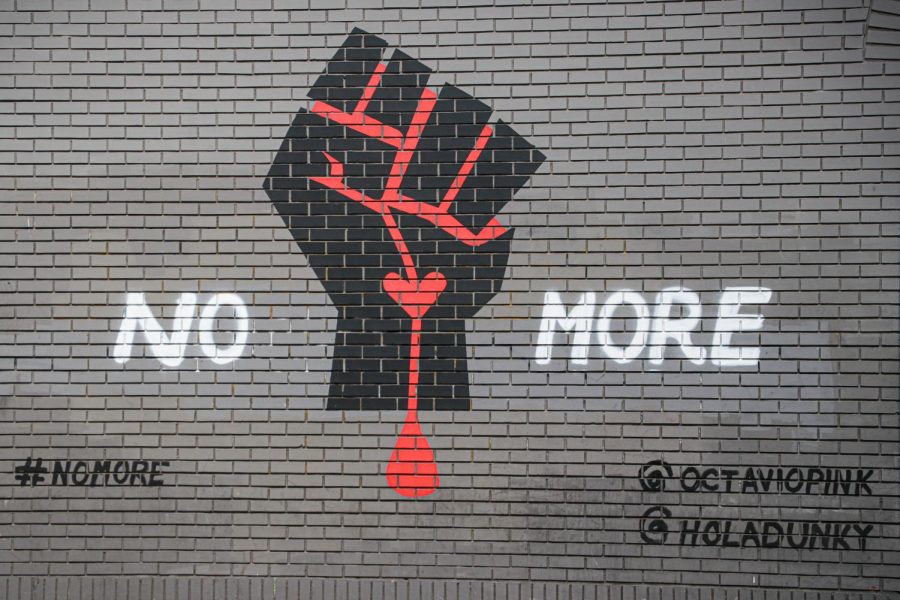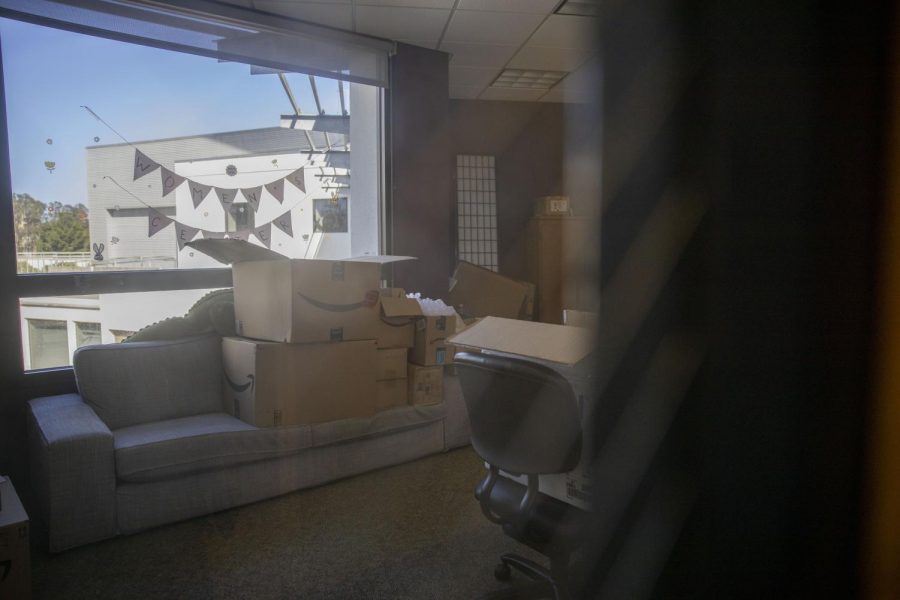On Wednesday SF State’s College of Ethnic Studies will launch a two-month-long speaker series, sponsored by SF State’s Climate Justice Initiative. The college aims to raise awareness about the inequalities that arise with climate change through music, art and political theatre.
The series’ inaugural event will feature performances by Ashel “Seasunz” Eldridge; a green hip-hop artist, poet, and climate activist and David Solnit, an internationally known artist, activist and co-founder of Art and Revolution.
“Capitalism is a driving factor for who gets what as resources get scarce,” Eldridge said. “We are all on one planet. We have to figure out how to preserve it. All our needs are tied together, we are interconnected.”
Phil Klasky, lecturer in the College of Ethnic Studies, says the injustice lies in who is producing the harm versus who is being affected by it, and the response to those on the latter end.
“Just look at the response to (Hurricane) Katrina,” Klasky said. “The black community was ignored. When black people were breaking into stores, it was called ‘looting.’ When white people broke into stores, it was called ‘disaster response.”
Klasky said there is a huge disconnect between people who are experiencing the damages of climate change, including people of color, indigenous people, and low-income communities and the people and corporations who are in charge of handling climate disasters.
“Climate change is man-made — no question about it,” Iliana Jacobo, teaching assistant to Klasky said. “We have privileged and predominantly white, well-off communities digging for oil and cutting down trees. It always affects someone else. We hear of war refugees, but there are climate refugees.”
Jacobo said these speaker series will be held often with activists who are local and from far away speaking at the University.
“Anybody can get a lot out of this (event),” said Eldridge. “It has to be a part of every strategy of change.”
Eldridge grew up in Chicago and said he came to the West Coast with the intention of making a difference. He became more involved in environmentalism through spiritual work, which he says helped him get in touch with the earth. While living in Oakland, he says he witnessed how low-incomes and violence affect many lives. His work evolved into activism involving social justice, health and environmental issues. He released his first official green album in 2010, and began his first year as a lecturer on climate justice at SF State this semester.
“Hip hop is a way we communicate with the world and the world communicates with us. It creates movement internally and shifts the world externally,” Eldridge said. “We need to take responsibility for what we see in this world.”
Klasky said that climate justice should be a part of every discipline at SF State. The University could expand courses and resources with all faculty around the nation, and reach out to more students.
He also said many people are hearing about climate justice for the first time and the political system has been influenced by profits in regards to environmentalism.
“Our priorities have been skewed,” Klasky said. “Corporations and politicians are benefiting from fossil fuels instead of putting resources into employment, education, housing, and fair paying jobs.”
Klasky also stressed the window for change is closing rapidly, but the initiative is moving students toward activism.
“The most dangerous thing for students to think is that they have no power. They have it – but only if they recognize it,” Klasky said. “The second most dangerous thing is when students don’t know there are alternatives.”
The department will be hosting several more speaker events throughout the semester. They are open to the public and will be held on various Wednesdays over the next two months, from 7:10-8:30 p.m. in the HSS building, room 130.





